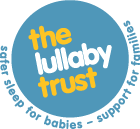 This is a guest posting from The Lullaby Trust. The Lullaby Trust, formerly FSID, promotes expert advice on safer baby sleep and provides specialist support for bereaved families.
This is a guest posting from The Lullaby Trust. The Lullaby Trust, formerly FSID, promotes expert advice on safer baby sleep and provides specialist support for bereaved families.
Working with a baby or toddler can be an exciting and rewarding experience. However, we know how worrying it can be making the best decisions to keep babies and toddlers as safe as possible.
Sudden Infant Death Syndrome (SIDS) is the sudden and unexplained death of a baby where no cause is found. While SIDS is rare, it can still happen and our advice below will ensure that the baby or toddler in your care is sleeping as safely as can be both a night and during the day.
Things you can do when working with a baby:
Always place the baby on their back to sleep
• You should always place the baby on their back to sleep and not on their front or side
• Make sure you and the family you work with are consistent with back sleeping- the chance of SIDS is particularly high for babies who are sometimes placed on their front or side
• Once the baby can roll from back to front and back again, on their own, they can be left to find their own position
Keep the baby smoke free
• Never smoke around the baby or have the baby on contact with smoky skin or clothing.
• Don’t let people smoke near the baby and keep the house, car, and other places the baby spends time, smoke free
Opt for expressed breast milk over formula
• If you have the option, always prioritise breast milk over formula, as this can be protective against the risk of SIDS
Place the baby to sleep in a cot or Moses basket in the same room as you for the first 6 months, even during the day. It’s the safest place.
• The chance of SIDS is lower when babies sleep in the same room as their parents or carers, but do not share the same bed as them
Ensure the baby has a firm, flat, waterproof mattress in a good condition
• You and the baby’s family should avoid using soft or bulky bedding (such as quilts, pillows and duvets) as these increase the chance of SIDS
• Sleep the baby on a firm, flat mattress that is clean and in a good condition. A mattress with a waterproof cover will help you keep it clean and dry
Things to avoid when working with a baby:
Never sleep on a sofa or in an armchair with the baby either next to you or on your chest, even during the day
• Sofa sharing with a baby greatly increases the chance of SIDS
Avoid letting the baby get too hot or too cold
• A room temperature of 16-20⁰C, with light bedding or a lightweight well-fitting sleeping bag, is comfortable and safe for sleeping babies
• Check the baby regularly to see if he or she is too hot. Look for sweating or feel the baby’s tummy – their hands and feet will usually be cooler, that’s normal. If the baby is hot, remove one or more layers of bedclothes.
Don’t cover the baby’s face or head while sleeping or use loose bedding
• The use of loose bedding which can cover the baby’s face or head can be dangerous and can increase the chance of SIDS
• To keep the baby safe and their head uncovered while they are sleeping you should:
o Place your baby on their back in the ‘feet to foot’ position – this is where the baby’s feet are placed at the foot of the cot – so they can’t wriggle down under the blankets
o Use blankets which are firmly tucked in, no higher than the baby’s shoulders or baby sleeping bag
For more information and advice, see the Lullaby Trust’s website at www.lullabytrust.org.uk, or phone the information and advice line on 0808 802 6869.
Happy nannying!


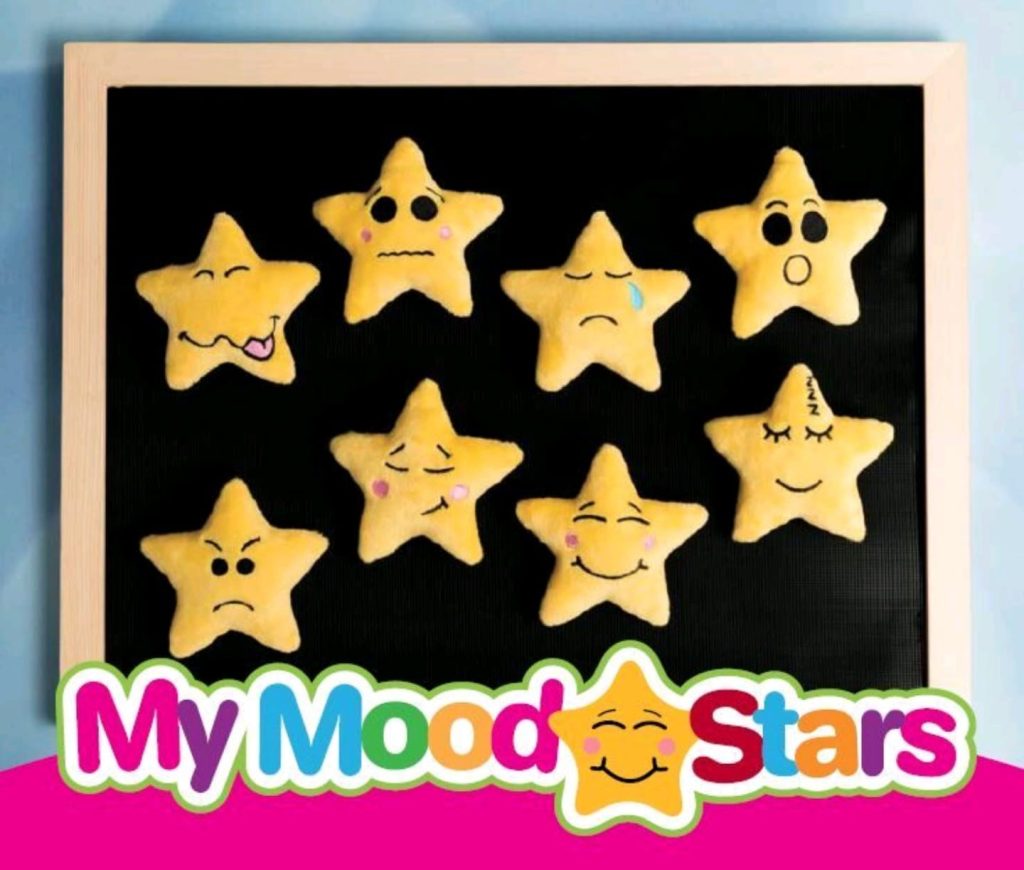
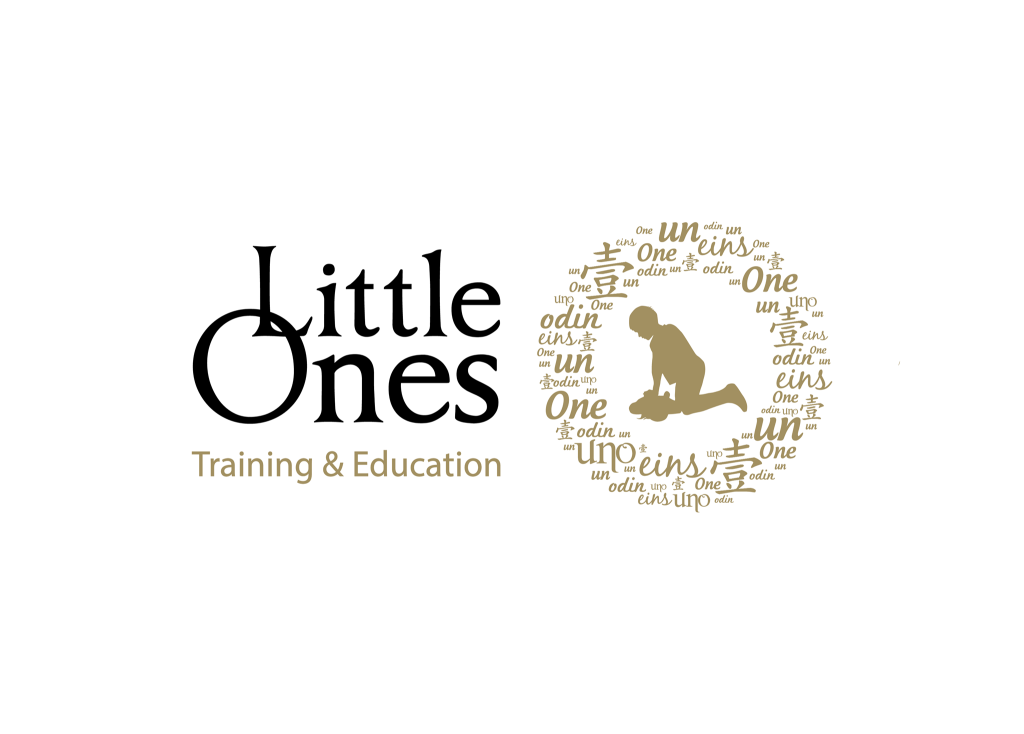
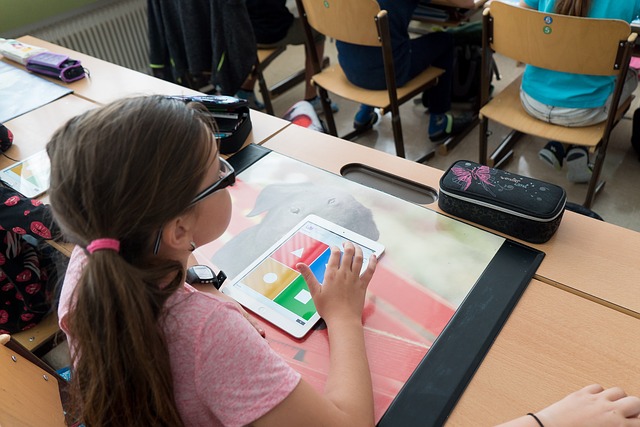

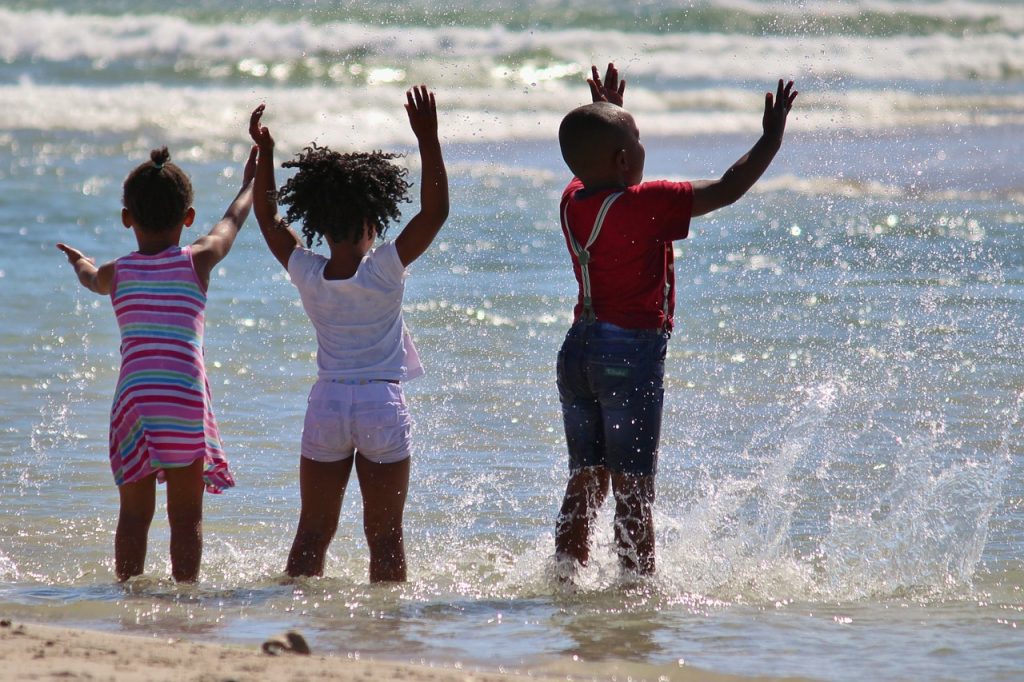
 This is a guest posting from The Lullaby Trust. The Lullaby Trust, formerly FSID, promotes expert advice on safer baby sleep and provides specialist support for bereaved families.
This is a guest posting from The Lullaby Trust. The Lullaby Trust, formerly FSID, promotes expert advice on safer baby sleep and provides specialist support for bereaved families.